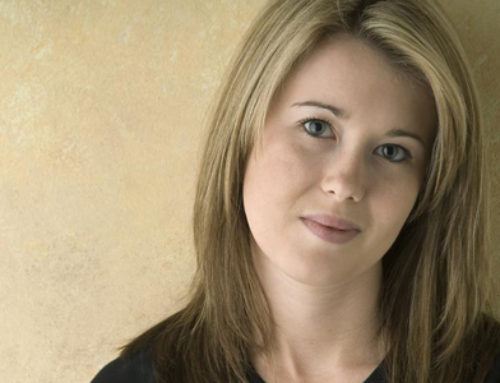Worry is not your fault
“Don’t worry about it,”..is my husband’s favorite line.
“Easy for you to say, you just don’t get it”, use to be my standard reply.
And he didn’t get it. Because he is one of the few people I know who seems incapable of worrying. At times I was irritated with him, yet at others times, envious of achieving that state of mind. On my healing journey to overcoming worry here is what I learned.
Worry is a habit pattern that is set up in the fabric of our being from early life experiences. It has a life of it’s own and for the most part, won’t respond to logic or common sense. The most intelligent and well-educated people worry about illogical matters. Why?
Worry is like a blueprint in our brain, body, muscles and cells that was set up at a time in our life when we probably had good reasons to worry. Perhaps because our parents were fighting, the mood was unpredictable, the money was scarce or the silent treatment was unbearable.
What sets up the habit of worry above all else in us as a child is the quality of our attachment or connection with our caregivers. This includes the levels of consistent response we get from our parents, their emotional availability, the sense of being heard and seen, understood and protected. According to Dan Siegel, child Psychiatrist and pioneer in the field of neurobiology and attachment, these early bonding experiences play a central factor in shaping the development of a child’s brain and memory.
What follows is a series of questions that we use in therapy to help us determine the nature of that connection, which in turn helps us understand some of the root causes of worry that we will want to address in therapy.
Think of your own experience when you review these questions and see if you can recall a memory or event that might relate to your answer.
When you were injured as a child was there someone there to comfort you? If so how did they respond? How good were they at calming you down?
When you were sick, who took care of you and what did they do to take care of you?
When you got upset, angry or sad how did your parents respond, what did they do?
Who put you to bed at night? Were there any bedtime rituals? Did you feel safe at night in your bed?
Did your parents show affection to you?
Who stood up for you as a child?
Did you suffer any major losses as a child? How was that dealt with?
Did anyone ever threaten you? For example parents may threaten to send you away or leave if you misbehaved or discipline you when your father came home.
The answers to these questions will help reveal the quality and strength of safety and security you grew up with. Jake affectionately remembers how bedtime was all about stories and hot chocolate. Cynthia recounts how whenever she got hurt, rather than being soothed, her father blamed her for not being careful or attentive enough. While Lydia remembers lots of kisses, hugs and “I love you’s”, Saul has no memory of being touched by his parents other than being hit.
If our connections to our caregivers were in any way insecure, unstable or unpredictable, it will set up a pattern of anxiety in us and wire us to worry.
As adults we may have lots of money but still worry incessantly about being poor. Our marriage may be healthy and secure but we still have nightmares about being abandoned. We may be successful at our job but still worry about being seen as a fraud.
These worries are reactions to the persistent and ongoing lack of security, safety and connection we experience deep within. It doesn’t’ matter how much reasoning you apply to this – it’s rarely effective. Worrying today is truly not your fault BUT it is now your responsibility. The challenge now, is how will you get calm?
There are three fundamental aspects that need to be addressed to heal worry.
First, we need tools and skills that help us deal with the daily strain and devastation that worrying can have on our bodies, minds and families.
Secondly, with the help of therapy, we need to heal the deep-rooted and often unconscious beliefs that keep us fearful, insecure and that fuel worry. Beliefs like: “I might lose the one I love, I can’t count on anyone, I don’t deserve to be happy etc.”.
This healing helps us restore a healthy bond with ourselves by providing a form of re-parenting. Re-parenting is about learning to give ourselves today the nurturing, affection and recognition we may have never gotten from our parents.
Finally, doing these steps above will help us restore our union with our soul, or spirit or Higher Self, whatever you want to call it.
The ultimate antidote to worry is peace, calmness and joy.
These attributes are to be found within us, not in books, pills or spas. To find these we must be quiet and take time to go within and reconnect with our essence. This is there where our true security lies.
Written by:
Claire Maisonneuve, MA.
Registered Clinical Counsellor
Director of the Alpine Anxiety & Stress Relief Clinic
Note: In all case histories and examples other than those pertaining to myself and my family I have changed names and any identifying characteristics in an attempt to protect and preserve privacy and anonymity. The stories usually represent composites of people struggling with the issues discussed.




